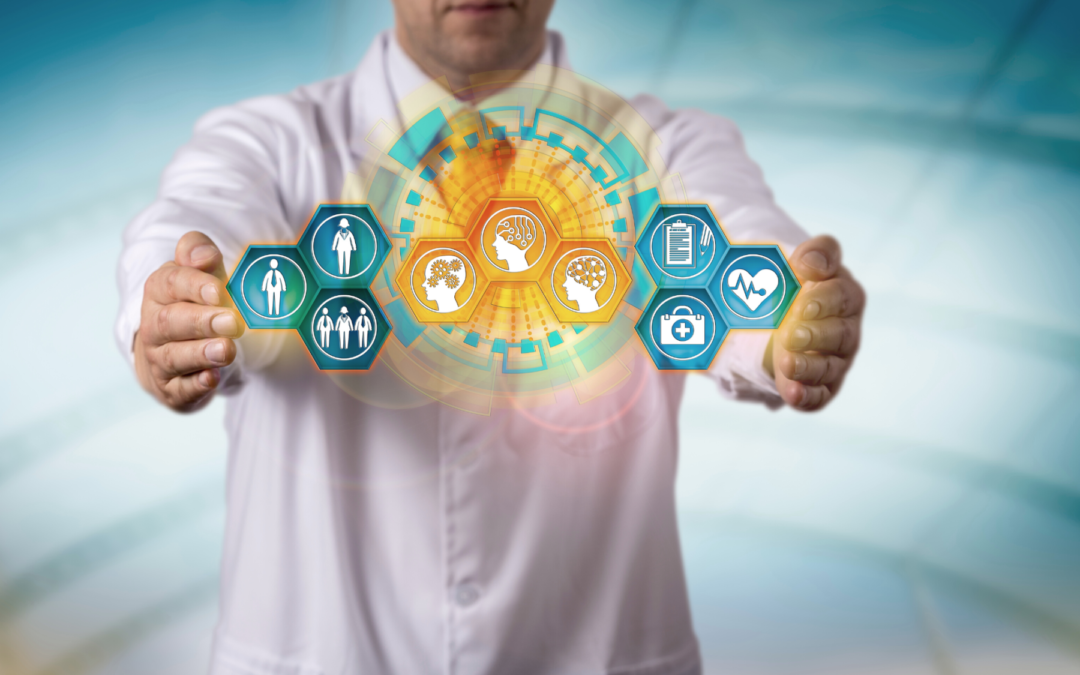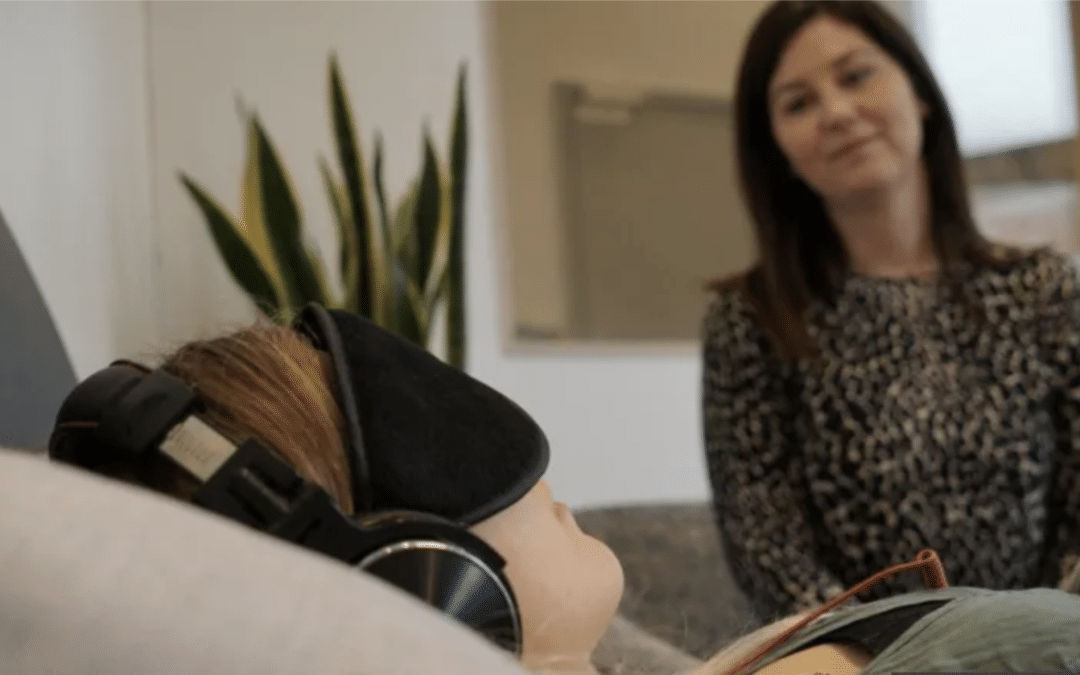
Carelink and Monsenso partner to deliver digitally enabled nationwide mental health services
Carelink Nærhospital and Monsenso entered into a partnership and expect to deliver the first digitally supported mental health services in January 2024.
Carelink Group, Denmark’s largest private health and welfare services group, and Monsenso, a leading provider of validated digital mental health solutions, have entered into a groundbreaking partnership that will redefine the way mental health services are delivered for the benefit of patients, healthcare professionals, and the healthcare sector as a whole.
Mental health is a crucial part of our society, and the need for innovative solutions to address challenges in this area has never been bigger. Carelink’s extensive experience in delivering high-quality healthcare services, combined with Monsenso’s advanced digital health solution, has the potential to create lasting value for both the healthcare sector, the work of healthcare professionals, and particularly for patients. The partnership aligns with the Danish government’s initiatives in psychiatry and the recently presented Finance Act for 2024.
Key points in this partnership include:
- Highly scalable digitally supported healthcare services: The partnership creates an innovative foundation that integrates traditional mental health services with advanced digital solutions. This comprehensive offering will provide individual users with tools for digital self-help, self-monitoring and effective remote clinician follow-up before, during, and after treatment.
- Addressing workforce issues: The shortage of qualified personnel in mental health is a challenge. This partnership aims to alleviate the problem by optimising resources and leveraging technology to expand the reach of healthcare professionals, enabling them to serve a larger number of patients.
- Reduced waiting times: Long waiting lists for mental health services are a significant problem nationwide. The collaboration will streamline the process and offer timely assistance through a combination of digital solutions and remote follow-up, ensuring that patients receive the support they need promptly.
- Improved patient experience: Patients will experience a more patient-centered and convenient approach to assessment and treatment for mental disorders. The partnership will enhance the patient experience, promote patient involvement, and provide effective follow-up, support, and treatment.
- Quality treatment: The combined offering will promote better treatment outcomes, as patients will have the necessary tools and support for digital self-help, self-monitoring, and effective remote follow-up. This is expected to lead to improved quality of life, more efficient processes, and a reduction in relapses.
“We have entered into this partnership to meet the pressure on psychiatry and the healthcare sector today. We aim to create a Digital First but not Digital Only offering, making waiting lists, assessment, and treatment processes more patient-centric. We believe we can achieve this by leveraging the latest clinically validated technologies to effectively follow up on treatment – also at a distance and in patients’ own homes,” says Maria Pico Almsgaard, CEO of Carelink Nærhospital.
“The potential in the partnership to create easily accessible, nationwide offerings is significant. Far too many patients are waiting for treatment and not provided with the effective, digitally supported offerings that they would like. Better assistance for children and young people, as well as digital offerings, is a priority for the government, and that’s why we have also started with digitally supported offerings for children and young people, but with new pathways continuously added,” says Thomas Lethenborg, CEO of Monsenso.
Click the button below for more information about the Monsenso solution.





